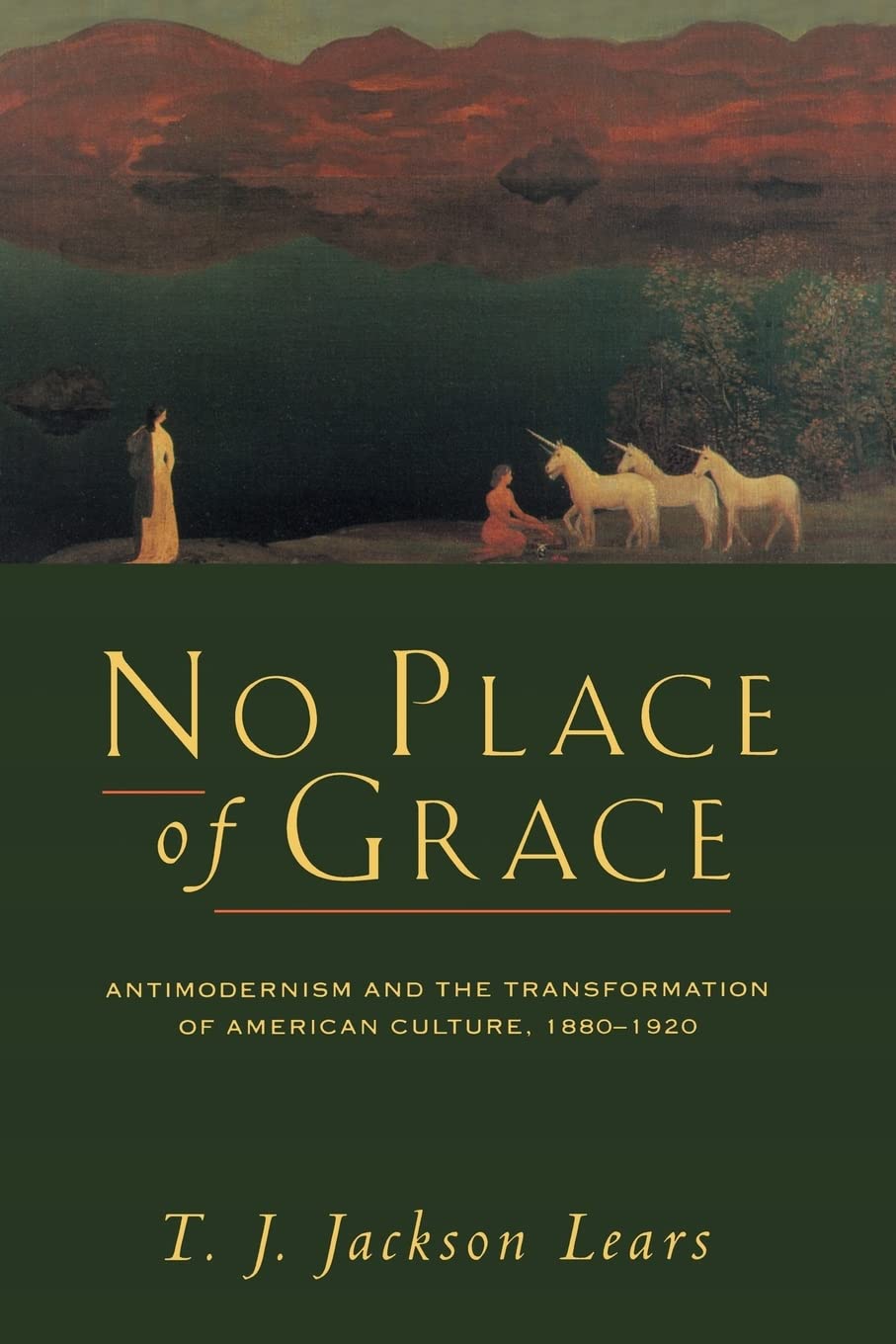
“Contrary to Rieff and other critics, the therapeutic world view is not and never has been tied to formal regimens of psychotherapy; it is a constellation of concerns about self, energizing a continuous, anxious quest for well-being. From the therapeutic view, well-being is no longer a matter of morality but of physical and psychic health. And health is often defined in terms of spurious ‘normality,’ smooth adjustment, ceaseless ‘growth,’ and peace of mind. The insoluble conflicts in psyche and society fall away. Whether it assumes psychic scarcity or psychic abundance, the therapeutic world view is both a symptom and a source of the continuing evasive banality in modern culture.
“Ever since the early twentieth century, the therapeutic orientation has been promoted by social engineers and apologists for welfare capitalism. They have devalued public life not only by insulating government from the electorate, but also by reducing political issues to psychological issues. . . . Retailoring the revolt against positivism to corporate institutional life, the theorists of manipulative liberalism have urged the freeing of instinctual impulses in order to channel them into ‘constructive’ purposes. The leaders of the burgeoning advertising industry have had similar ends in view. Recognizing the cash value of a therapeutic sensibility, they have manipulated needs and underwritten a notion of self-fulfillment through voracious acquisition. Yearnings for authenticity have been well suited to the class interests of managerial and professional elites.
“Yet it is easy to overemphasize the role of elites in spreading a therapeutic world view. One must remember that twentieth-century cultural development has created a congenial atmosphere for therapeutic conceptions of reality. Since the pre-World War I era, the sense of unreality has gradually enveloped nearly all of American society. The growing requirements of a consumer-oriented economy have accelerated the market’s ceaseless cycle of creation and destruction. Under capitalism, ‘all that is solid melts into air, all that is holy is profaned,’ Marx wrote. At the same time, industrialization per se has played a major role in spreading the sense of unreality. Agrarian patterns of living have virtually disappeared; Americans have exchanged the drudgery of the farm for the boredom of the factory and the bureaucracy. More dependent than ever on impersonal decisions made in distant cities, more insulated than ever from primary processes of life and death, many contemporary Americans — like their turn-of-the-century predecessors — feel vaguely impotent, cut off from ‘real life.’ The sense of unreality afflicts the self as well as the external world: it reinforces the feeling of ego-disintegration common to many ‘normal’ Americans as well as psychiatric patients. And it has been immeasurably strengthened by the continued softening of mainstream Christianity. The platitudinous creed of Henry Ward Beecher and Lyman Abbott has spread throughout much of American society. Accommodating itself to a secularizing culture, liberal Christianity has forgotten the stratum of hardness in the Christian tradition, evaded the tragic contradictions at the heart of life, and lost much of its ability to impart a sense of gravity and larger meaning to the human condition. It may be that the current reawakening of evangelicalism is now providing a genuine source of resistance to the secularizing drift. Certainly I do not presume to understand such a vast phenomenon; but I confess I am skeptical of any religious movement which offers conversion as a cure for anxiety and which promises that Christianity will somehow make life easier. My sense is that much (though not all) of the resurgent evangelicalism has joined liberal Christianity in surrendering to therapeutic ideals.”
— from Jackson Lears, No Place of Grace: Antimodernism and the Transformation of American Culture, 1880-1920 (Pantheon Books, 1981)